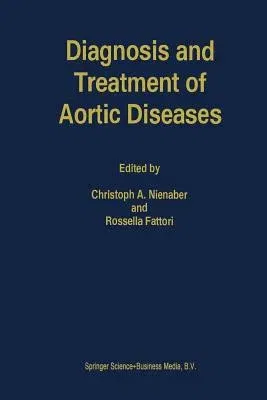Diagnosis and Treatment of Aortic Diseases (Softcover Reprint of the Original 1st 1999)Paperback - Softcover Reprint of the Original 1st 1999, 5 November 2012

Qty
1
Turbo
Ships in 2 - 3 days
In Stock
Free Delivery
Cash on Delivery
15 Days
Free Returns
Secure Checkout
Part of Series
Developments in Cardiovascular Medicine
Print Length
284 pages
Language
English
Publisher
Springer
Date Published
5 Nov 2012
ISBN-10
940106024X
ISBN-13
9789401060240
Description
Product Details
Book Edition:
Softcover Reprint of the Original 1st 1999
Book Format:
Paperback
Country of Origin:
NL
Date Published:
5 November 2012
Dimensions:
23.39 x
15.6 x
1.6 cm
ISBN-10:
940106024X
ISBN-13:
9789401060240
Language:
English
Location:
Dordrecht
Pages:
284
Publisher:
Weight:
421.84 gm

